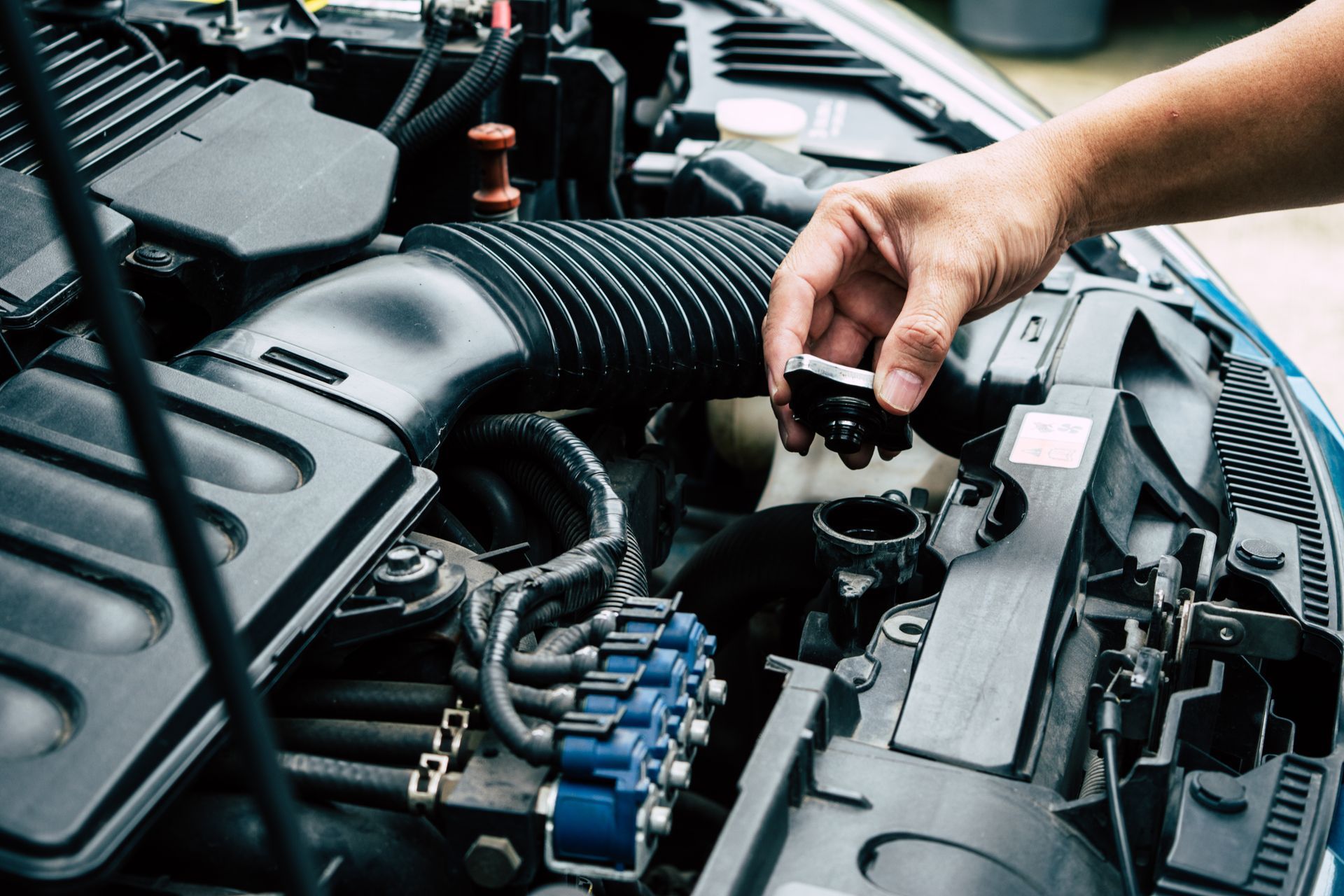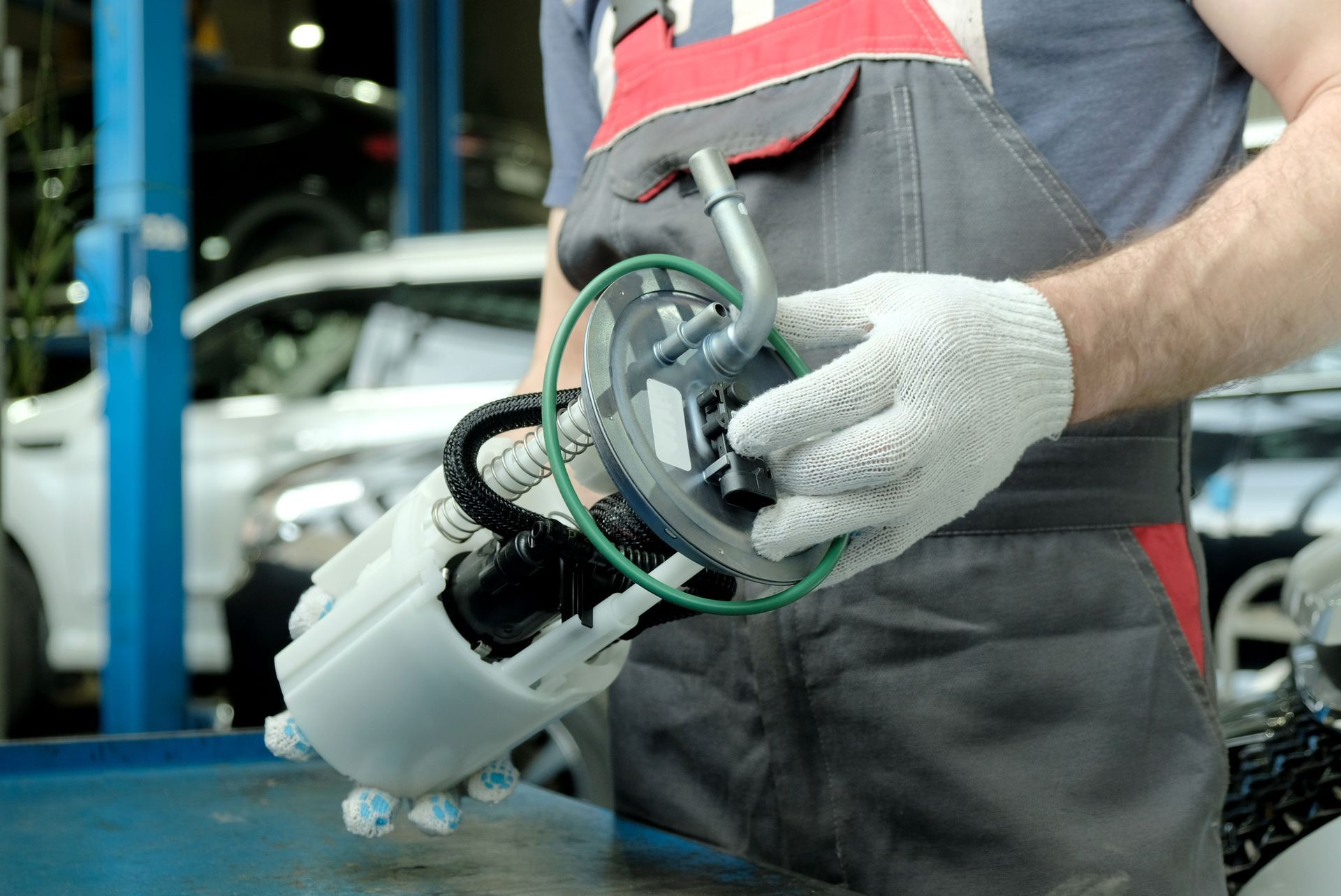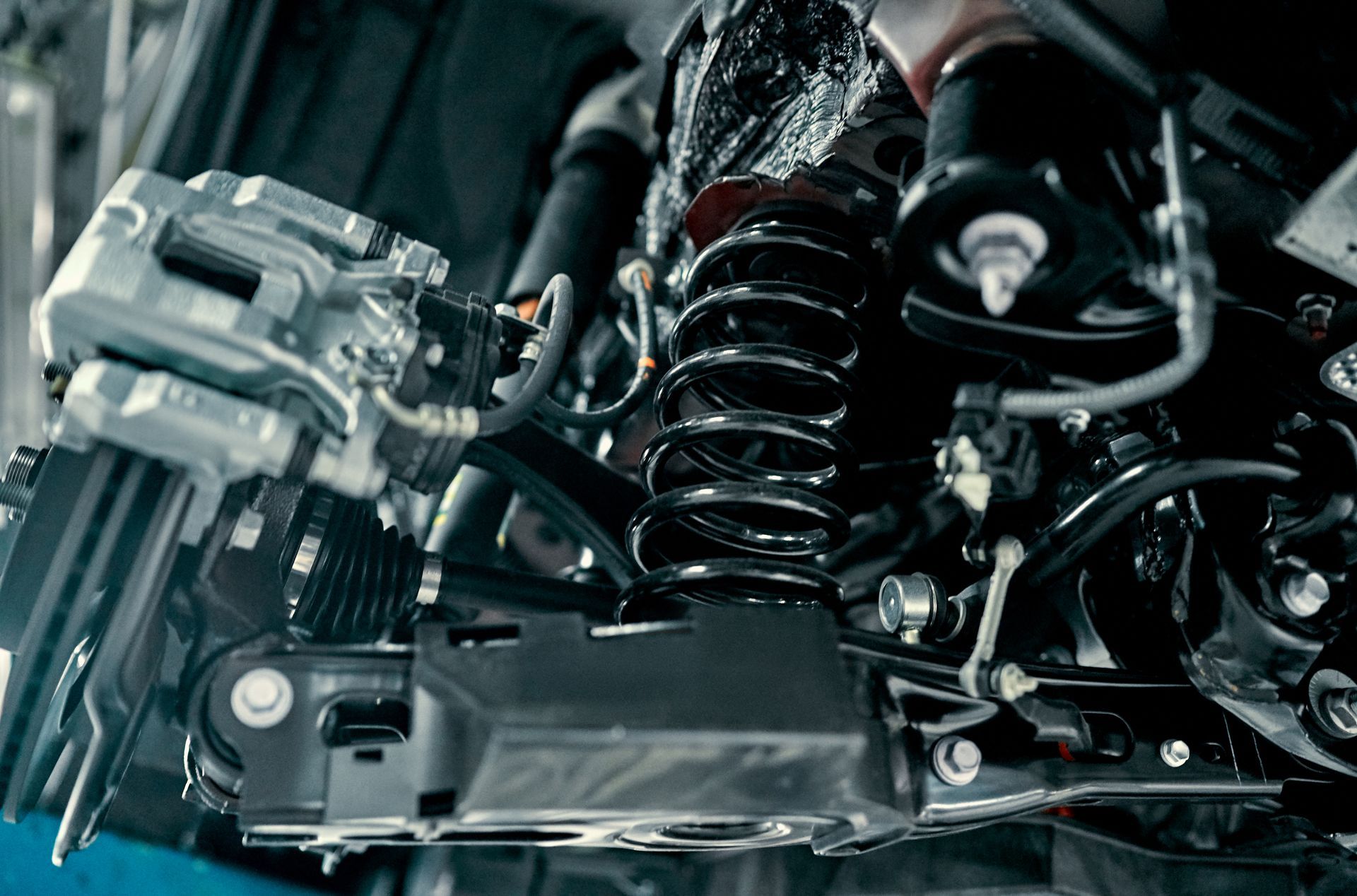Why Smog Checks Are Essential
Smog checks, also known as emission tests, are vital for maintaining air quality and ensuring your vehicle operates efficiently. At Cosmo's Service Center in West Babylon, NY, we emphasize the importance of these checks not just as a legal requirement, but as a commitment to environmental sustainability.
What is a Smog Check?
A smog check is an inspection performed on vehicles to measure the level of pollutants emitted from the exhaust system. Undergoing this test verifies that a vehicle meets the necessary environmental standards set by state and local regulations. At Cosmo's Service Center, our experienced technicians use state-of-the-art equipment to provide accurate results, ensuring your vehicle complies with these standards.
Benefits of Regular Emission Testing
The benefits of undergoing regular smog checks extend beyond compliance. At Cosmo's Service Center, we believe routine emission testing can:
- Enhance Vehicle Performance - Regular checks can identify issues that might be affecting engine performance, allowing for timely repairs.
- Improve Fuel Efficiency - Ensuring that your vehicle emits low pollution levels often correlates with better fuel efficiency and savings in the long run.
- Contribute to Environmental Health - By reducing emissions, you're playing a part in minimizing your vehicle's carbon footprint.
How Cosmo's Service Center Conducts Emission Testing
At Cosmo's Service Center, we strive to make your smog check process efficient and hassle-free. Upon arrival at our West Babylon, NY location, our technicians will guide you through the process, explaining each step. The typical procedure includes:
- Visual Inspection - Checking the vehicle for necessary emission components and any potential issues.
- Functional Check - Ensuring the onboard diagnostic system is functioning correctly.
- Exhaust Analysis - Using advanced equipment to analyze emissions and compare them to legal standards.
Preparing for Your Smog Check
To achieve the best results, we recommend the following tips before visiting us at Cosmo's Service Center:
- Conduct Regular Maintenance - Regular tune-ups and oil changes can optimize your vehicle's emissions.
- Warm Up Your Vehicle - A warm engine is more likely to pass an emissions test than a cold one.
- Inspect Your Check Engine Light - Ensure it's not illuminated prior to testing.
Understanding Your Emission Test Results
Once your smog check is complete, our team will provide a detailed report. Here's what you can expect:
- Pass - Your vehicle's emissions are within the regulatory limits, and no immediate action is required.
- Fail - Our technicians will discuss the specific issues and recommend solutions to bring your vehicle into compliance.
Conclusion
At Cosmo's Service Center, we are dedicated to providing top-tier service and expertise to our community in West Babylon, NY. Whether you're preparing for a smog check or need assistance with emission-related repairs, we are here to guide you every step of the way. Schedule your smog check appointment today and drive with confidence knowing your vehicle meets emission standards.






